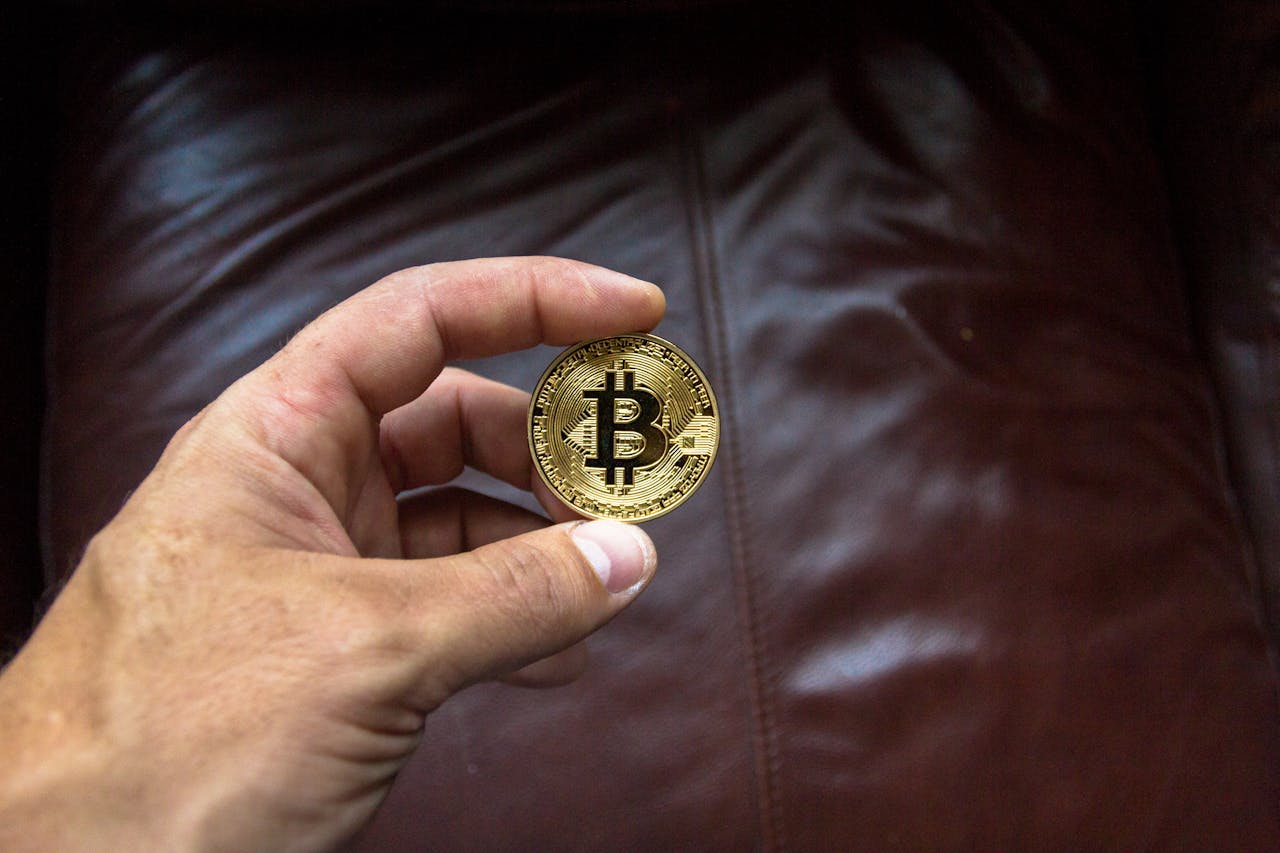

Indonesia is the largest economy in Southeast Asia, and the country is leveraging this position to become a global economic powerhouse. The government established a long-term program called the Masterplan for Acceleration and Expansion of Indonesia’s Economic Development, which supports the country’s goal to become one of the world’s top 10 economies by 2025. Infrastructure is a key sector in supporting the country’s development plan, and given Indonesia’s archipelagic nature, connectivity and innovation will accelerate economic growth.
In 2022, the government allocated 365.8 trillion Indonesian rupiah for infrastructure projects. This is 50 trillion Indonesian rupiah less compared to the 2021 budget for infrastructure spending. Currently, infrastructure in Indonesia focuses on sectors like social, transportation, extraction, information, communication, and technology (ICT), and manufacturing infrastructure.
We look at the current trends in infrastructure development in Indonesia, the challenges that threaten the sector’s growth, and new opportunities for investments.

Indonesia’s infrastructure spending was concentrated on Java Island for decades. It is the most populous island in the archipelago where the capital city of Jakarta is located. In recent years, the government has been moving development projects outside of the main island to increase connectivity. The Trans-Sumatra Toll Road project started in 2015 with the goal of connecting the northern and southern parts of Sumatra, the country’s second-largest island.
Many infrastructure projects were put on hold because of the COVID-19 pandemic. The revenue of Indonesia’s largest construction companies also dropped for the first time in years because of the lack of activity. Smaller construction companies, with less capital and limited equipment, have already had a hard time sustaining their businesses. Despite these challenges, the sector is expected to see further growth. With the government maintaining its focus on connecting the country’s regions, many infrastructure development projects in Indonesia will contribute to overall economic growth.
In August 2019, the government announced that it will be relocating its capital to Nusantara, a planned city in East Kalimantan on the island of Borneo. Set to be inaugurated in August 2024, construction began in July this year. The first phase of construction began with the Government Central Area zone, which included government offices, hospitals, schools, and shopping malls. The government of Indonesia requires more infrastructure investments to fund this project, which also includes green zones, energy infrastructure, connecting roads, and more.
The government is now eyeing sustainable infrastructure development in Indonesia. Public-private partnerships that will enable digital innovation, financing, and enhanced capabilities for the sector to implement sustainable construction projects are being sought. Driving infrastructure investments in Indonesia will not only accelerate the country’s economic development but also make green infrastructure projects more inclusive and accessible throughout the archipelago.
Improved connectivity and sustainable construction are two areas that can accelerate infrastructure development in Indonesia. Ensuring that these projects help mitigate the effects of climate change in Indonesia will help secure the country’s economy and promote resilience across its major industries. Investments in these areas will provide economic benefits for all stakeholders, allowing communities and investors to enjoy enhanced developed environments.

The Latest Developments in Cryptocurrency Adoption in SEA
The cryptocurrency market in Southeast Asia (SEA) has seen exponential growth in recent years. The revenue of cryptocurrency in the region was around USD 1,384 million in 2023 and is expected to grow by USD 1 million in the next four years. Countries like Indonesia, Singapore, and the Philippines are at the forefront of this digital revolution. The region's young, tech-savvy population, coupled with increasing internet penetration, has created a fertile ground for the adoption of cryptocurrencies. Currently, the crypto market in SEA is valued at several billion dollars, with projections indicating continued growth.

An Overview of the Halal Cosmetics Market in Malaysia
The halal cosmetics market in Malaysia has been experiencing significant growth. It is driven by a combination of increasing consumer awareness, government support, and the rising demand for halal-certified products among both Muslim and non-Muslim consumers.

How Digital Marketing is Transforming the Automotive Lubricants Market in Southeast Asia
In recent years, digital marketing has emerged as a transformative force in the Southeast Asian (SEA) automotive lubricants market. The region's rapidly growing internet penetration and increasing smartphone usage have created fertile ground for innovative digital strategies. This evolution is reshaping how companies engage with customers and streamline their operations, offering numerous opportunities for growth and efficiency.

Exploring New Business Models for a Sustainable Future
Transitioning towards new sustainability business models can help companies drive positive change and contribute to a more sustainable future.